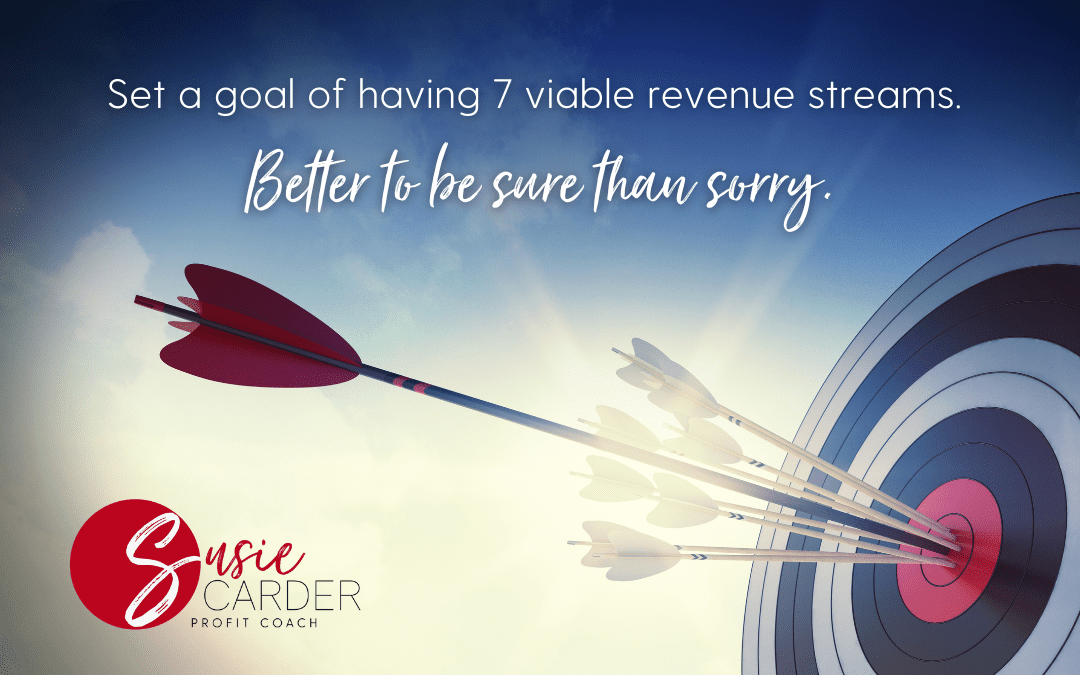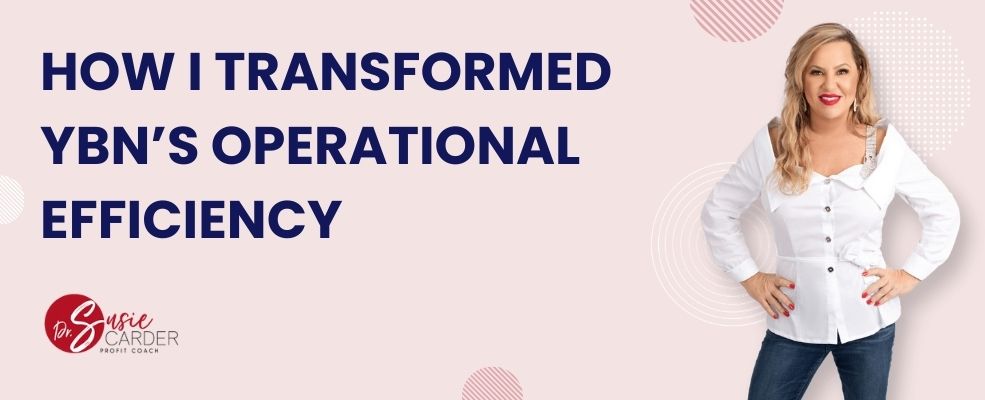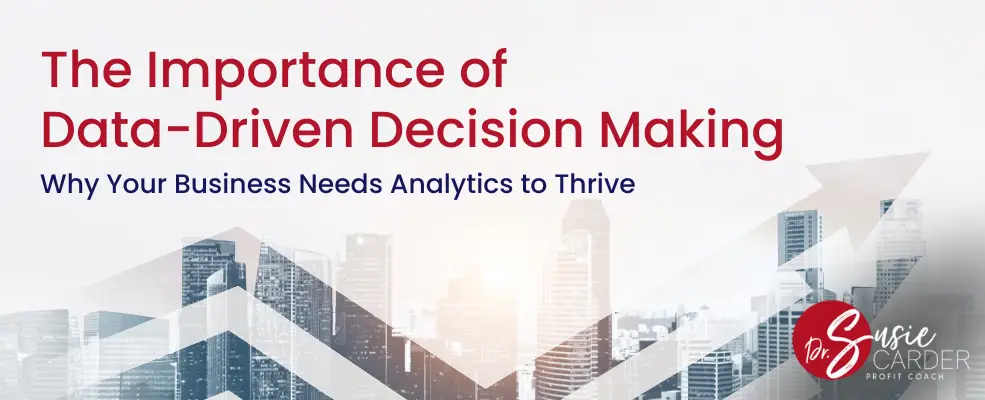As we increase business revenue, we want to ensure our hard work won’t go to waste, and managing your money is one of the most crucial elements of financial freedom.
A smart move is to prepare for your and your family’s future, because let’s face it, you’re not going to run a business until you’re 90, are you?
You want to make sure you know where your money goes and you comply with your responsibilities as a business owner to avoid getting in trouble.
I will share with you the best practices I have used for securing my future and myself.
Whenever money comes into my account, taxes are automatically transferred to a separate account, so I’m never worried that I’ll forget payroll taxes. 10% of all my funds come out and go directly to our retirement account every month. I don’t touch it, I don’t see it.
Every week I look at where my accounts are. Every month, I look at how much is my retirement.
Every quarter, I meet with my advisors. And I’m working right now with my investment strategist to go over what stock we should be buying.
Are you leveraging everything around you especially in managing your money?
Are you aware that there’s something called the Executive Bonus Plan? If you are not leveraging it, it’s about time that you do.
Aside from that, you can invest in real estate and stocks. You want to have 7 viable revenue streams.
I have a Tax Advisor, I have a CPA, I have an Investment Adviser, and I also have someone who takes care of my Executive Bonus Plan.
Those are the people that are helping me manage my money. These are optional but highly recommended as you grow your income.
What is the Executive Bonus Plan?
Executive Bonus Plan is something that we can pay ourselves. You can invest any amount of money so it’s not like your retirement account. I invest anywhere from $10,000 USD to half a million, it doesn’t matter. It’s not limited as you have with a 401K.

The money goes into future earning, and I will have to pay taxes when I withdraw it at retirement. I’m not paying taxes on that money right now. I can also borrow that money if something happens.
Let’s say something happens right now in my business.
I can go and borrow money from myself and pay that money back at a lower percentage than I can get with my bank. That’s the Executive Bonus Plan structure.
What is a Tax Advisor?
Tax Advisors are responsible for finding ways to legally reduce tax liabilities for clients, estimating taxes on different investment portfolios, and determining the right deductions and credits.

Tax returns can also be written and filed by them. In the event of a major life event –for example, death of a spouse, divorce, marriage, the birth or adoption of a child, home purchase, job loss, inheritance, etc. –it would be advisable to seek advice from a tax advisor.
An advisor’s advice and services may vary according to the taxpayer’s circumstances. If one is planning to retire, he or she will get different advice than a business owner who is wanting to launch a new venture.
What is a Certified Public Accountant (CPA)?
A CPA does bookkeeping, financial planning, and prepares financial documents like tax returns and profit-and-loss statements. Your business’s federal, state, and/or local tax returns can be prepared and filed by them.
CPAs are needed if the small business needs its financial statements audited or reviewed in order to obtain a bank loan, apply for a grant, bid on a job, or fulfill some other requirement.
CPAs aren’t necessary for small businesses, but they can assist in reviewing internal controls, evaluating accounting software, or receiving tax advice.
What is an Investment Adviser?
Investment advisers or advisors (both are acceptable) help clients make investment decisions about stocks, bonds, mutual funds, and exchange-traded funds. The services of investment advisors include picking, managing your money, and making investment recommendations. They may also offer services like planning for retirement.
It may be a good idea to hire an investment advisor if you feel that your money could be doing more for you. Advisors may customize investment portfolios for each client. A client may hire multiple investment advisors with different investment strategies and styles to diversify their portfolios.

Just like any other business, you have to take your time and do your research. It has to be right through you. I want you to look at making sure that you’re writing off everything you possibly can.
Don’t worry where you are right now, let’s go baby steps and look at the next revenue stream.
When something gets pulled out, what’s the next strategy? You want to always have backup funds.
If you can invest in real estate right now, that’s a great opportunity. If you can invest in the market, great strategy, while the market is down. So be strategic and have the right people. Do your own diligence to make sure they’re a match for you.






